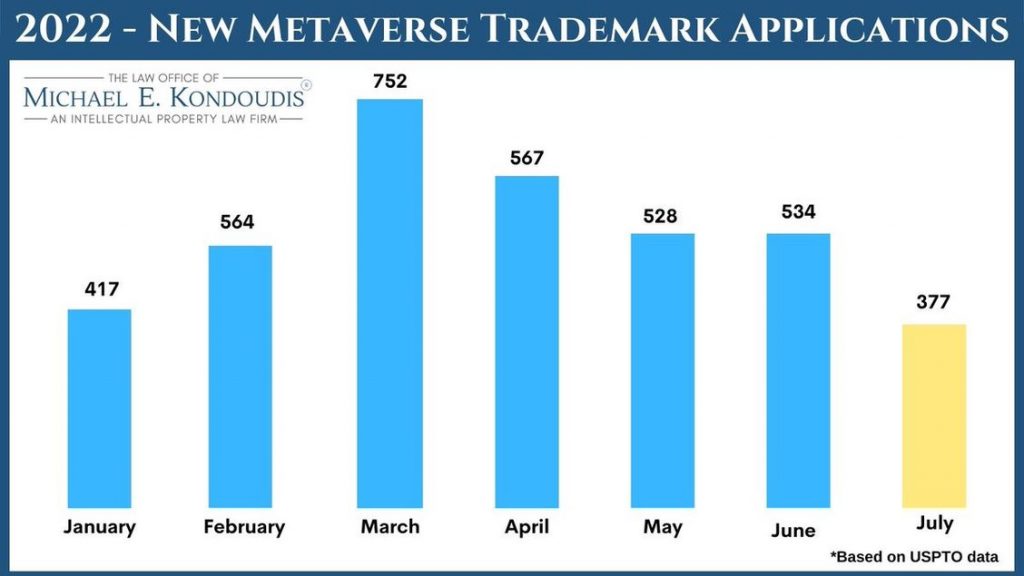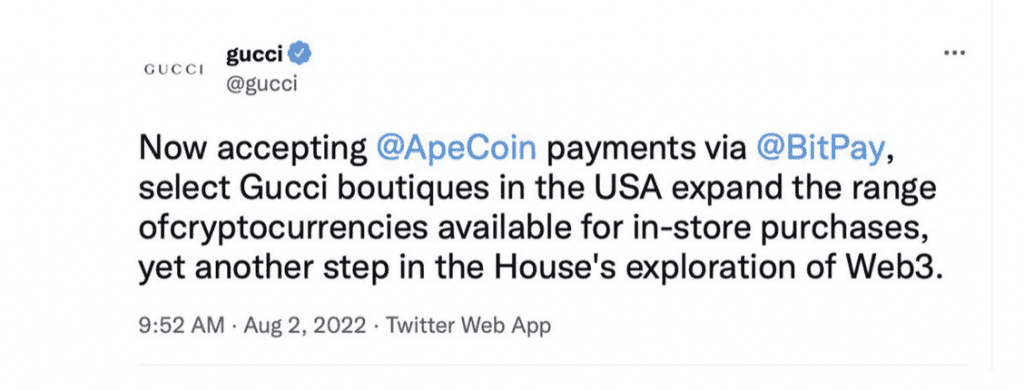Eyes were on India this week, as Mukesh Ambani-run Reliance announced that it will help Balenciaga to broaden its brick-and-mortar footprint by way of a “long-term” franchise deal with the Kering-owned brand, which is slated to open doors in India mid-2023. On Thursday, Reliance Brands managing director Darshan Mehta said that “it’s the most opportune time to introduce [Balenciaga] to the country as the Indian luxury customer has matured and using fashion as a form of creative expression of their individuality.” The news follows closely from Reliance entering into a similar deal with Valentino, as the Italian brand has tasked Reliance in furtherance of an effort to open its first “mono-brand” stores in Mumbai and Delhi. The first of those outposts – which are a “significant step” in Valentino’s larger growth strategy, according to CEO Jacopo Venturini – will open later this year.
India has also been garnering retail-specific headlines as of late, as the government pushes to diversify the existing state of e-commerce by way of the Open Network for Digital Commerce (“ONDC”), which aims to “enable the display of products and services from all participating e-commerce platforms in search results across all apps on the network,” per Reuters, thereby, increasing competition (and reducing dominance of vertically integrated platforms like Amazon and co.) and helping to do away with “predatory pricing, especially in high-margin, high-value products.” ONDC is still in early stages but legal experts in India expect it to “create major shifts in the e-commerce space” in India (and maybe beyond) – from retailers and brands, alike.
We have some new stats on enduring USPTO filings for NFT and metaverse-related trademarks, courtesy of Mike Kondoudis …

Kondoudis found that in addition to the number of trademark filings for virtual goods and services falling, applications for registration for marks relating the crypto are down from 596 in March to 571 in April, 535 in May, 436 in June, and 383 in July. At the same time, applications for marks for use in connection with NFTs are also down from 1073 in March to 893 in April, 745 in May, 715 in June, and 516 in July. In light of recent launches, such as Gucci revealing that it will start accepting ApeCoin, and Tiffany & Co. announcing the launch of its NFTiff NFT project, the dip in filings does not appear to indicate that luxury and fashion names are moving away from this space.

And in potential deal-making news this week: The front-runner in a multi-billion-dollar deal to buy up Tom Ford is reportedly Estée Lauder, with the cosmetics giant primarily interested in the “ultra-prestige” beauty and fragrance division of the business, for which it already maintains a licensing deal with Tom Ford. (This seems to fall somewhat neatly in line with the larger trend of luxury names consolidating outside manufacturing and bringing formerly licensed categories in house, something I expected would likely accelerate in a post-pandemic world.)
While it is difficult to see Estée Lauder taking on Tom Ford’s fashion division, sources say that Estée Lauder could license this segment of the business to another high-end fashion company. (Bloomberg’s Andrea Felsted notes that Zegna could make sense given that the company “already has a commercial relationship with Tom Ford, [and] Domenico De Sole, Gucci’s former CEO, who is now chairman of the Tom Ford brand, also sits on the Zegna board.”) At the same time, Estée Lauder would not be taking on any heavy lifting for Tom Ford’s hot-selling eyewear division, as that is manufactured and distributed via a license arrangement with Marcolin.